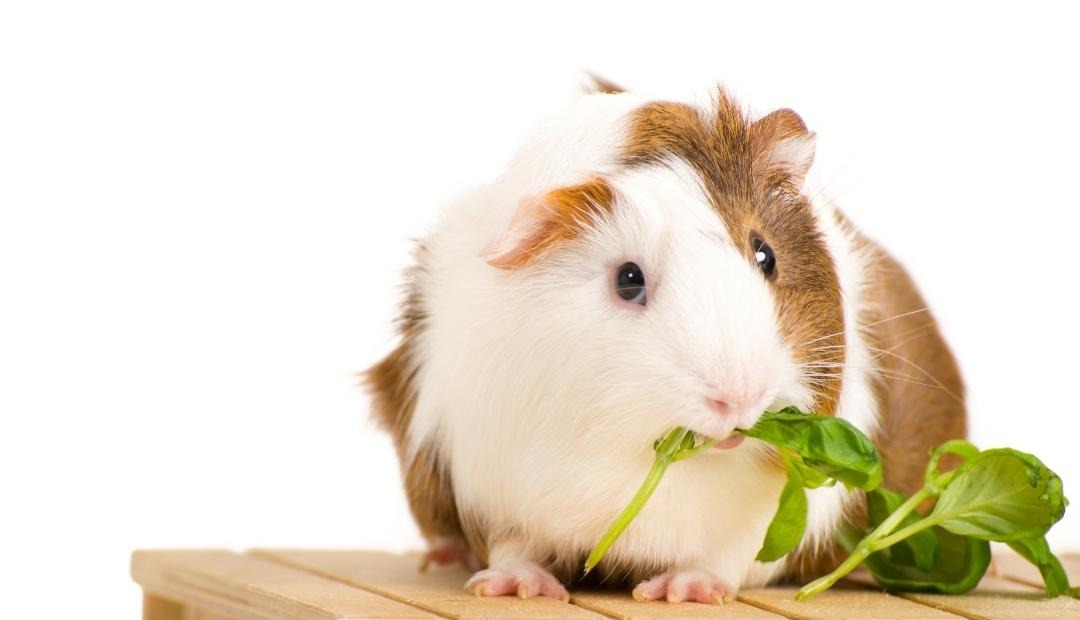Searching for Queen Creek apartments for rent and interested in bringing a guinea pig into your home? You're about to embark on a delightful journey!
These charming little pets are not only affectionate and full of personality, but they are also known for their longer lifespan compared to other small animals and their adorable, squeaky chatter.
Despite their adorable nature, guinea pigs are ideal for apartment living due to their minimal space requirements.
With just a comfy cage and a foldable playpen for exercise, these pets easily fit into smaller homes.
Known for their loving nature and simplicity in care, we have outlined five straightforward tips to ensure your guinea pig remains vibrant and content. Dive in to discover these essential care tips.
Get at Least Two
If you've just gotten a guinea pig, you'll have to go back to the pet store and get another one.
Because guinea pigs are herd animals, they need to have a companion to get more exercise, eat more food, and be happier and brighter.
To avoid the complications of breeding, it's recommended to find another guinea pig of the same sex. Just be sure to slowly introduce them to each other, watch them for about an hour, and ensure that they're getting along. If a fight breaks out, you can split them up with a towel.
Prepare a Spacious Cage With Bedding
As a general rule of thumb, a guinea pig needs about a 7.5-square-foot cage (or 30 x 36 inches), adding at least 2 square feet per additional guinea pig.
The roomier the cage, the better it is for your guinea pigs. Place it in a draft-free area, away from direct sunlight-preferably somewhere where your guinea pigs can be part of your daily lives.
Then, prepare your pets' home by covering the floor with up to 2-inch high bedding.
You can choose from different kinds of bedding, such as kiln-dried pine shavings, pine pellets, and processed paper products. But avoid cedar shavings, sawdust, cat litter, straw, and corn cob bedding, as these can harm your pets.
Clean Their Cage Regularly
On average, you have to replace your guinea pigs' bedding and clean their cage once a week. This frequency will vary depending on how many guinea pigs you have and your chosen bedding material.
As long as their bedding starts to smell, you have to change it as soon as you can. You can also do spot cleaning daily by scooping out soiled litter.
To give their cage a thorough clean, you have to remove all bedding and accessories and put your guinea pigs in an exercise pen. Then, wash the cage with soap and water and wipe it down.
Feed Them Every Day
For a well-balanced diet, you have to feed every guinea pig about 1/8 cup of pellets (ideally with vitamin C), a cup of fresh and clean vegetables, and unlimited amounts of grass hay.
You can put the grass hay in a wire rack off the floor, while the veggies and pellets can be placed in a heavy ceramic bowl. Remove any uneaten veggies at least 24 hours after serving to prevent spoiling.
Besides food, your guinea pigs should have all-day access to fresh water in a bottle or bowl. Don't forget to clean the water container and food bowls daily!
Groom Them and Play With Them
Unlike cats and dogs, guinea pigs rarely need baths. But they do have a few grooming requirements.
Guinea pigs have grease glands, which should be cleaned weekly or monthly-depending on how active these glands are. You also have to clean their ears every other week, trim their nails once a month, and brush their hair daily.
How about exercise? Well, this is where a large cage comes in handy.
You can place your guinea pigs' shelter, food, and water around their cage to encourage movement. You can also choose to put a ramp, hayrack, hammock, and other guinea-pig-friendly toys in their cage.
Apart from that, you have to allow your guinea pigs to roam around in a larger enclosed area, like a playpen in your kitchen. Not only will this promote exercise-but it'll also allow you to spend some quality time with your pets.
Village at Schnepf Farms in Queen Creek, AZ


